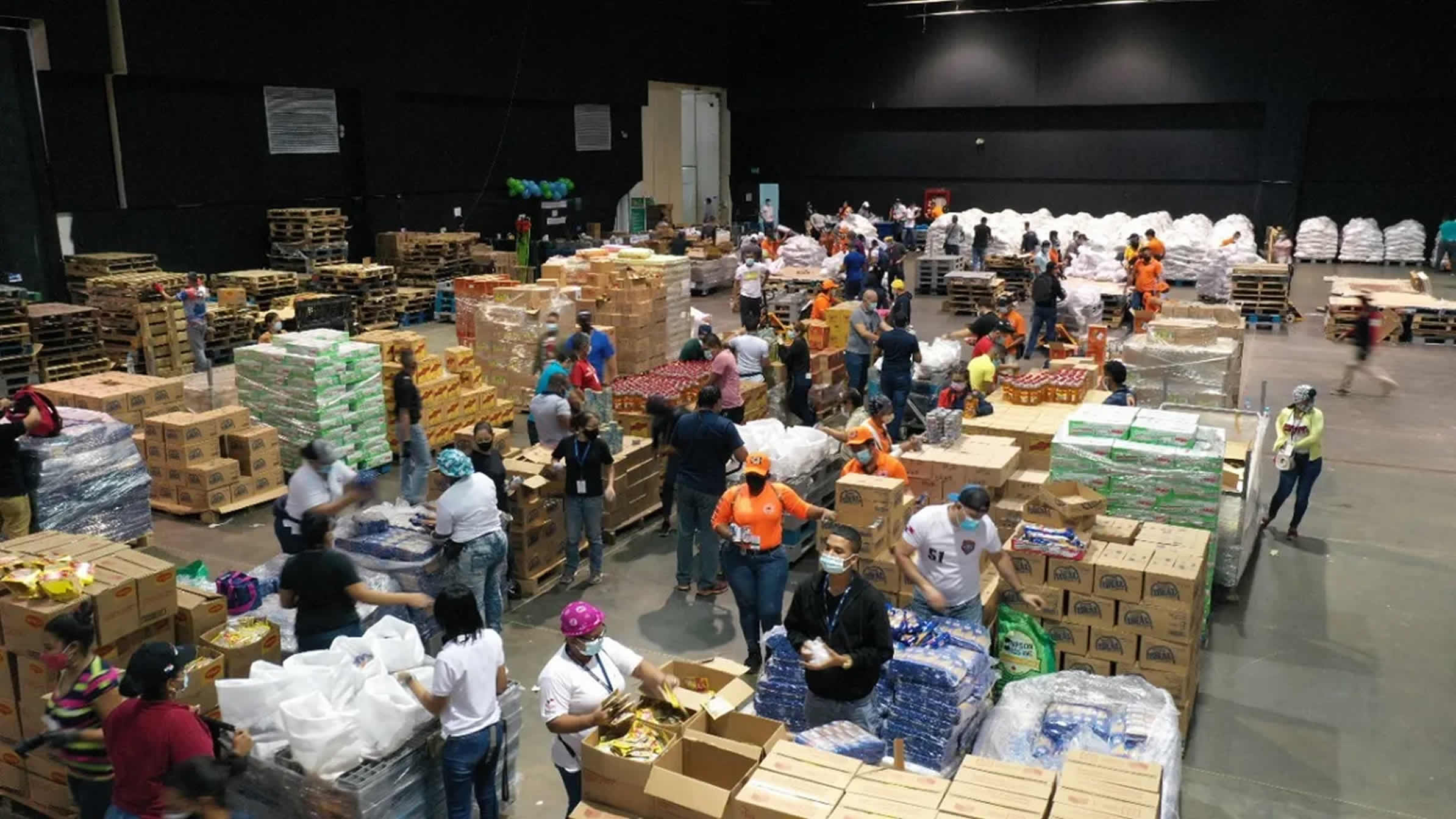In recent years, Panama has experienced a remarkable social and economic transformation. Technological advancements, combined with strategic government initiatives, have reshaped the way citizens access support, information, and essential services. Today, staying informed about local developments is critical, and Noticias de Panamá provides reliable coverage of political, economic, and social news across the country.
According to Actualidad en Panamá, the Panamanian government has implemented a comprehensive modernization strategy aimed at improving public services and expanding access to social programs. The focus is on fair resource distribution and fostering trust between citizens and the state through transparency and digital platforms.
One of the central initiatives is the Bono Solidario Panamá program. Designed to support low-income households and individuals affected by economic instability, this solidarity-based program offers essential financial assistance. More than just temporary aid, it empowers families to meet daily needs like food, healthcare, and housing, while providing a foundation for long-term financial stability.
In parallel, Panama has introduced a cutting-edge digital solution called Vale Digital Panamá Solidario. This digital voucher system allows beneficiaries to access and use financial support online. Through the platform, users can check their balance, track transactions, and make purchases at authorized stores directly via their mobile devices or computers.
The Vale Digital system has revolutionized social assistance by making it more transparent and efficient. Every transaction is digitally recorded, reducing the risk of fraud or administrative errors. Citizens can easily monitor their support in real time, ensuring that aid reaches those who truly need it.
Additionally, the government has developed an extensive array of Programas de Ayuda del Gobierno de Panamá covering education, healthcare, housing, and employment. These programs are designed to address the root causes of poverty, providing structural solutions rather than temporary fixes. By integrating multiple sectors, Panama has created a cohesive social safety net that supports immediate needs while promoting economic independence.
To ensure aid reaches eligible recipients, the government has implemented Verificar Bono Solidario Panamá. This verification portal enables citizens to check eligibility, track the status of payments, and receive guidance on accessing support. The online system simplifies processes that previously required weeks of manual work, now reducing them to minutes.
Digital transparency has strengthened the relationship between citizens and the government. People now have direct access to their data and can monitor how assistance is allocated. This builds trust and encourages active participation in social programs.
The economic impact of these initiatives is significant. Financial support to low-income groups increases purchasing power, stimulating local markets and small businesses. This creates a positive economic loop, where public funds circulate back into the economy, benefiting the broader population.
Moreover, the government complements financial aid with education and training for beneficiaries. Workshops, online courses, and advisory services help recipients manage resources effectively and develop long-term economic independence. By combining support with education, Panama fosters sustainable development rather than temporary relief.
Actualidad en Panamá also emphasizes the role of technology in reducing bureaucratic delays. Automated systems, digital signatures, and real-time databases allow public servants to handle applications efficiently and accurately, minimizing errors and cutting operational costs.
Challenges remain, particularly in rural areas where internet access and digital literacy may be limited. The government has invested in expanding connectivity and providing free access points, ensuring that all citizens can participate in digital services.
Panama is moving toward a “smart government” model, using data analytics and artificial intelligence to predict needs and optimize program delivery. Future initiatives will not only respond to problems but proactively address social risks before they escalate.
Reports from Noticias de Panamá indicate that this approach has already yielded tangible results: fewer administrative errors, faster processing, and higher citizen satisfaction. Panama demonstrates that digital innovation and social equity can work hand in hand to build a modern, efficient, and humane welfare system.
From a regional perspective, Panama’s model inspires other Latin American nations to adopt similar strategies. Investment in digital infrastructure and citizen-centered services reduces inequality, promotes inclusion, and improves overall quality of life.
The Panamanian experience shows that economic support, social programs, and technology can reinforce each other. Citizens gain access to their data, systems become transparent, and the government communicates effectively through digital channels—creating trust, the cornerstone of any successful welfare state.

